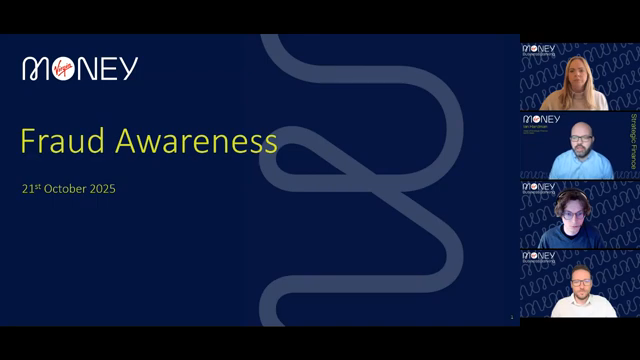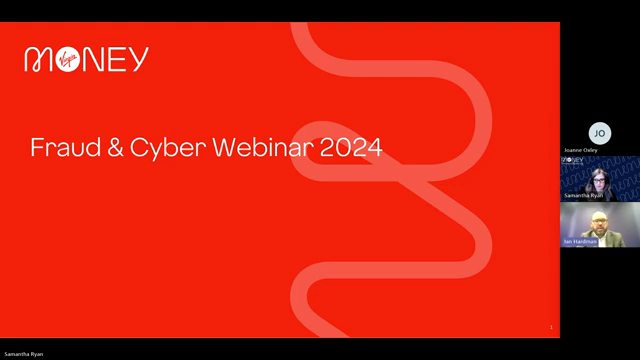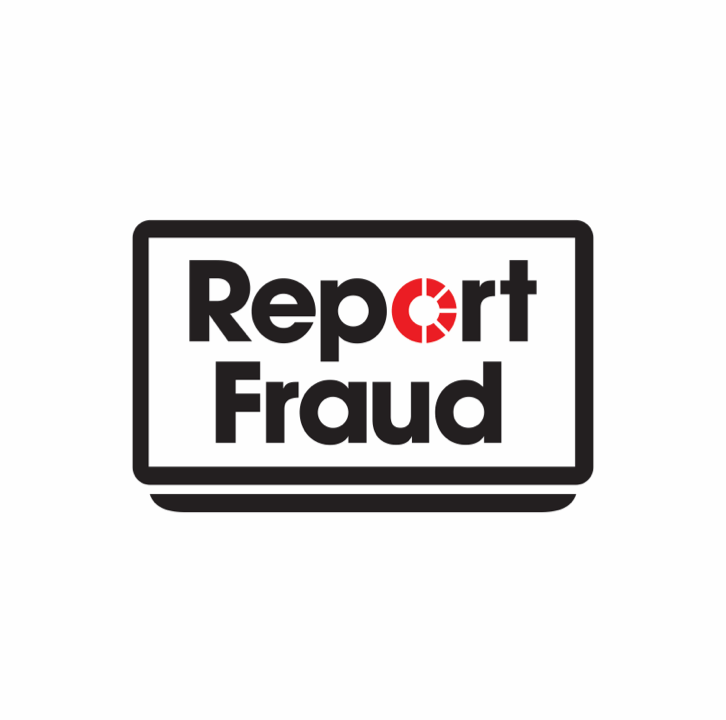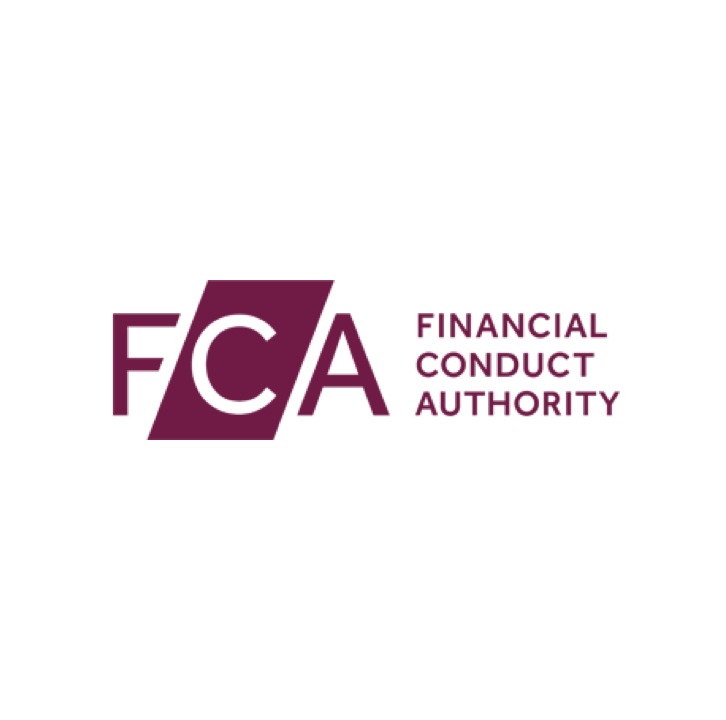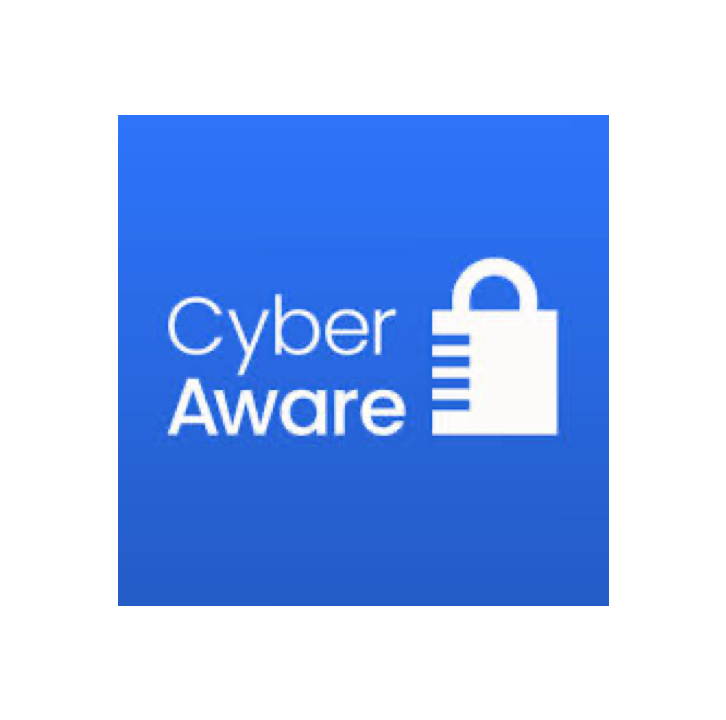Stay safe from business fraud
Latest business fraud alerts
Check for current and recent business scams.
Types of business fraud
Learn how to protect your business from common scams.
How we protect you
See how we look after business and personal customers.
How to protect your business
Discover 10 ways to keep you and your business safe.
Quick fraud tips
Set up transaction alerts
Spot fraudulent transactions by using instant payment alerts.
Turn on security features
Use biometrics and two-factor authentication for extra safety.
Be suspicious of phone calls
Hang up if someone tells you to move money from your account.
Pay by debit or credit card
Get more protection paying by card than by bank transfer.

Learn more about fraud and scams
Report business fraud
Phone us immediately, if you’re worried about a payment or think you’ve been scammed.
Monday to Friday 8am to 7pm
Saturday 9am to 5pm
0800 012 1353
Outside the UK
+44 113 234 4879
All other times
0800 121 7365
Outside the UK
+44 141 221 7300
Or phone 159
159 is the free, secure Stop Scams UK hotline. It's voice automated, so just say “Virgin Money” to be put through to us. Find out more on the Stop Scams UK website. Link opens in a new window
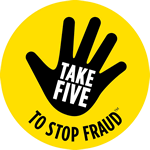
Get help from Take Five
Take Five to Stop Fraud is a campaign led by UK Finance. See how it can help you and your business stay safe from fraud.
takefive-stopfraud.org.uk/protect-your-business Link opens in a new window